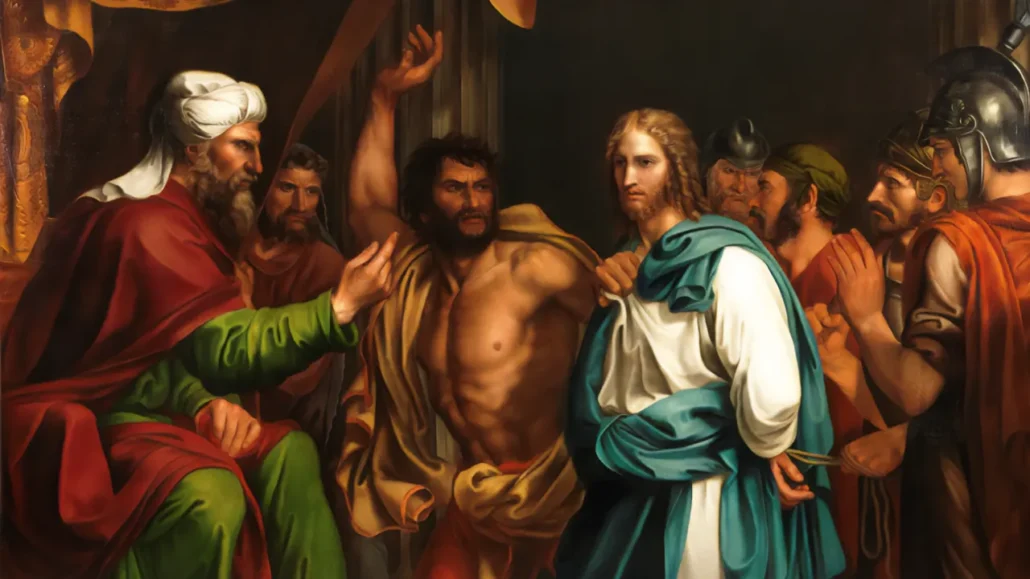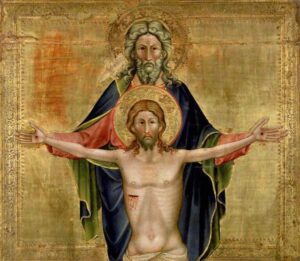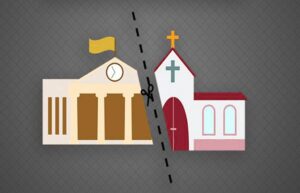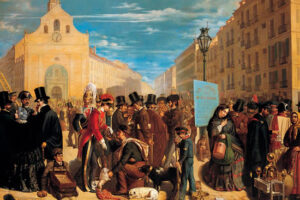The other cheek: when Jesus says that if someone strikes us, we should turn the other check, how should we understand this?
Question:
Dear Fr. Fuentes: When Jesus says that if someone strikes us, we should turn the other cheek, how should we understand this? If someone physically assaults another person, doesn’t he or she have the right to self-defense? Thank you. Osvaldo.
Response:
1. Turn the other cheek
First of all, the meaning of “turn the other cheek” should be understood in the context of the Sermon on the Mount in which Jesus Christ reforms the “law of talion” (cf. Mt 5:38-42).
Jesus Christ takes for a theme the law of the talion, which was formulated in the Jewish law: “you have heard – in the synagogal readings and explanations – that it was said (to the ancients): an eye for an eye and a tooth for a tooth”.[1]
What Christ teaches, in a concrete, extremist and paradoxical way, is the generous spirit of charity that His disciples must have in the practice of justice itself, in what, hypothetically, can be claimed in law.
Therefore, in the face of the narrow and demanding spirit of the individual before his neighbor, Christ places the breadth and generosity of His charity. What then should be the Christian’s attitude before the enemy? ‘Not to resist him’, not out of apathy, but to ‘overcome evil with good.’ (Rm 12:21).
But the doctrine that Christ teaches will be deduced and specified with four examples taken from common and everyday life and expressed in form of strong paradoxical contrasts, so they cannot be taken literally. These cases are the following:
a) If someone slaps you on the right cheek, show him the other also. The paradox is clear, but it also reveals well what must be the disposition of soul in the disciple of Christ in order to know how to forgive.
b) To the one who want to take you to court to take away your tunic, let him have your cloak as well. In the face of this, he is promised by Christ to also willingly give up his tunic. The harshness to which this realization would lead makes us see the paradoxical value of it. The teaching of Christ is this: If he wanted to take from you one of the only two garments of your attire (of what is necessary or almost necessary to life), do not haggle. Let there also be an attitude in the soul of generosity, of forgiveness which would even manifest itself, as an attitude, to the point of being ready to additionally give him all that one can.
c) If anyone requisitions you to go for a mile, go with him for two. This sentence of Christ is proper to Matthew. The expression and content of “requisition” is of Persian origin. And this is expressed with the graphism of the concrete case. If one is requisitioned for ‘one mile’ (which is the distance that the Romans marked with the ‘milestone’ = 1,800 meters) it will be necessary to respond generously by doubly offering oneself. The very duplicity of the formula makes it clear that these are conventional figures. The idea is that charity is to be shown with generosity, taught by Christ with a technical term.
Give to everyone who asks of you, and from the one who takes what is yours do not demand it back (Lk 6:30). Taking into account the general tone of this context, in which demands and insolence are accused by abuse (the slap, the leaving of the stripping of the cloak, ‘the requisition’), probably this last one has to be placed in the plane of the demanding. It is can also be the case of a petition of lending in conditions of exigency or insolence.
The disciple of Christ must have such a spirit of benevolence and charity that he will not refuse help – alms or loans – even overcoming the ways of worthy supplication that lead to those of unjust and insolent demands. The disciple of Christ should be so filled with the spirit of charity, that he should not withhold anything for his neighbor as himself.
What is the doctrine that emerges from these four specific cases that may be used to understand it?
Similarly, in these four cases, the graphic and eastern hyperbole of their formulation must be distinguished from the spirit and true intent of their teaching.
And to the do this, the practical teaching of Jesus is very helpful.
Thus, when the Sanhedrin arraigns him and when a soldier slaps Him, He did not present the other cheek, rather He says to him: “If I have spoken wrongly, testify to the wrong; but if I have spoken rightly, why do you strike me?” (Jn 18:23).
The teaching of Christ and Paul clearly shows that the teaching of Christ does not have a material sense. If zeal was practiced literally according to these commandments in the lives of Christian saints, it was the effect of an ardent spirit of charity that overflowed even in gesture.
2. Legitimate Defense
The Catholic doctrine is explained in the Catechism, paragraphs 2263-2267:
“The legitimate defense of persons and societies is not an exception to the prohibition against the murder of the innocent that constitutes intentional killing. “The act of self-defense can have a double effect: the preservation of one’s own life; and the killing of the aggressor…The one is intended, the other is not.” (St. Thomas Aquinas)
“Love toward oneself remains a fundamental principle of morality. Therefore, it is legitimate to insist on respect for one’s own right to life. Someone who defends his life is not guilty of murder even if he is forced to deal his aggressor a lethal blow: ‘If a man in self-defense uses more than necessary violence, it will be unlawful: whereas if he repels force with moderation, his defense will be lawful…Nor is it necessary for salvation that a man omit the act of moderate self-defense to avoid killing the other man, since one is bound to take more care of one’s own life than of another’s.’” (St. Thomas Aquinas)
Legitimate defense can be not only a right but a grave duty for one who is responsible for the lives of others,” of the common good of a family or of society.
Fr. Miguel A. Fuentes, IVE
–Notes–
[1] cf. Manuel de Tuya, Biblia comentada, BAC, Madrid 1964, pp. 119-122.
Original Post: Here
Other Post: Who can open the Tabernacle?














